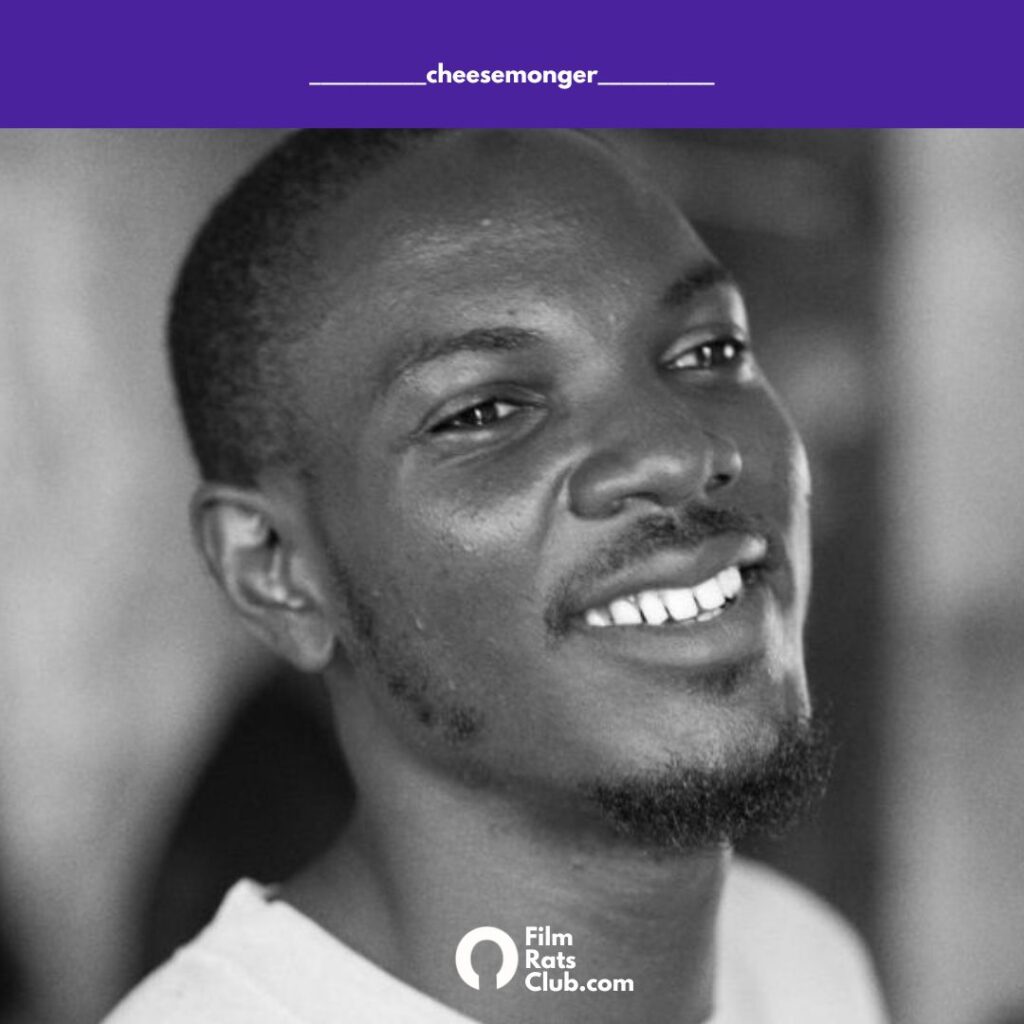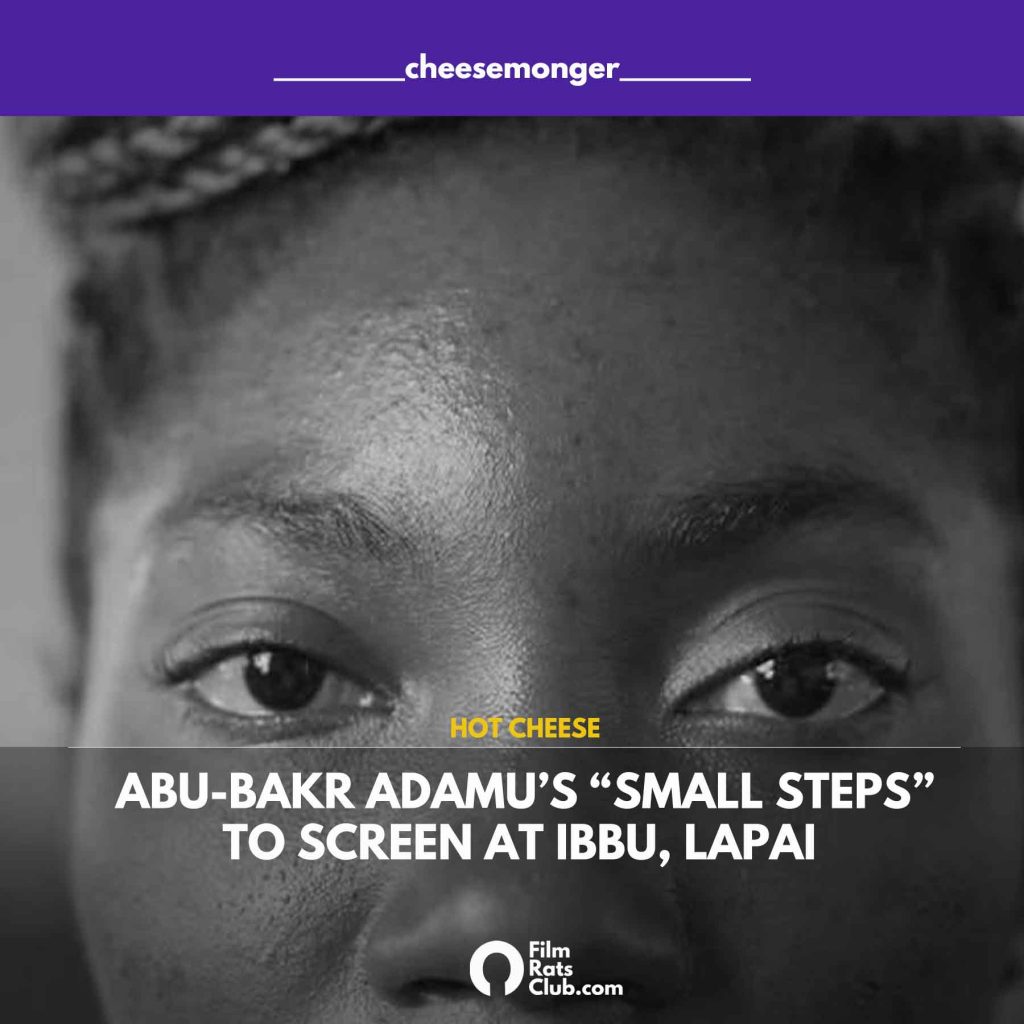I had just arrived in Lagos from Ibadan, sometime in 2024, when I decided to attend a performance of Kelvinmary Ndukwe’s Pantyliners. The title struck me immediately as both symbolic and intriguing. True to Ndukwe’s signature site-specific style, the three actors in Pantyliners paid no attention to the audience, immersing themselves fully in the created fictional world. This approach is reminiscent of what Russian theatre practitioner Konstantin Stanislavski referred to as “public solitude”—the ability to act as though one is in complete privacy, even while being intently observed. It’s a fascinating concept: to exist “alone in public,” entirely absorbed in the moment. In Pantyliners, Ndukwe presents three high-class women who come together to reconnect, share their intimate experiences, and explore the warmth of their relationships. As with many of Kelvinmary’s works, the casting was spot on with performers who embodied their characters so authentically that you might mistake them for real people if it were your first time at the theatre. As the play unfolds, the audience is deliberately kept at a distance from the performers’ conversation. We’re not invited into their intimate exchange. Instead, we become intruders—silent observers, like flies on the wall, eavesdropping on the secret lives of these women and encroaching on their personal space. This sense of voyeurism adds a layer of discomfort, pulling the audience into the narrative in a way that feels both invasive and compelling. In Pantyliners, this technique reinforced the presence of the fourth wall, positioning the audience as outsiders — unwelcome guests. The actors’ deliberate detachment drew me deeper into the narrative, making the experience both intimate and isolating at the same time—a hallmark of Ndukwe’s mastery. Pantyliners is an enjoyable play—until it suddenly isn’t, when the facade starts to crack, and the secrets come pouring out. The atmosphere shifts when the proverbial pants begin to fly and the breeze starts to “blow fowl nyash” (when hidden truths are revealed). What truly drives the intensity of the experience is the audience’s emotional and physical involvement in the unfolding drama. As I observed them, I could feel the palpable tension in the air. Many were visibly uncomfortable, squirming in their seats, unsure whether to move or not, as if they might be caught in the guilt of their reactions. They pretended not to know the perverse topics the characters were discussing, but it was clear—they enjoyed it. The audience flushed with a mix of shyness and guilt, caught in the thrill of the play’s taboo subjects. It was as if they were a group of eager yet embarrassed onlookers, drawn into the rawness of the performance—an audience both complicit and conflicted. The play was first performed in 2018 at the Lagos Theatre Festival with Kiki Omeili, Rhoda Albert, and Bunmi Sogade pulling the audience along in this secret-savage-sexy play as Adaugo, Atinuke and Titi –the characters in the play. The play returned in 2024 at Terra Kulture (Theatre on the Lawn) with Chinonso Young, Amaka Zin-Michael, and Isoken Aruede as the three friends who reconnect over wine and dirty talk. Amidst the intriguing performances, my attention was drawn to Isoken. In her performance as Titi, she presented a layered depiction of a woman grappling with a traumatic past, a haunting present, and an undecided future. After watching the captivating play, I was compelled to have a conversation with Isoken. Her indelible performance is a testament to the performer’s dedication to her craft and ability to breathe life into characters. Isoken is no stranger to the stage. According to Isoken, she has always been a stage kid in certain ways. She did well in school with dancing, acting, and singing. She was also a child model. Having worked closely with her as co-star (on Babatunde Lawal’s Honeycomb, a short film), I’ve witnessed the passion and commitment fueling her artistry. There’s an unmistakable drive — an unrelenting pursuit of excellence that defines her approach to the craft. A multifaceted performing artist, she is trained in the disciplines of music, dance, and acting. She professionally started acting in 2023, and she can tell she has been successfully working in alignment with God’s will. “I experience art as a purpose-walk, and I enjoy the challenge of constantly learning and pushing boundaries as a medium to impact lives positively. As an artist, I believe I am everything everyone is and everything they are not.” In this conversation, Isoken opens up about her journey as an actor, her inspirations, and the challenges she faced along the way. Beyond her performances, Isoken wants to use her platform to inspire others and advocate for the transformative power of the arts. Here, we explore the world of Isoken – her dreams, and the unwavering passion that drives her to redefine what it means to be an artist in today’s world. This conversation was had in December 2024 and has been edited for length and clarity. Okay, so Pantyliners… This was the most challenging role of my career at the time because it required me to explore rage and anger – something that is completely far from my real-life character. Honestly, it was quite demanding to embody Titi Pereira’s emotions through the roller coaster of experiences she went through in one sitting. Titi’s journey alone took her from excitement and teasing, to happiness and drunkenness, then to anguish and vulnerability, and finally to rage and unpredictability. The complexities of the character had me praying every chance I got backstage—which would constantly happen before the show, and just before the enraged display would start. Getting to know Titi and understanding her took a lot of my energy, but it was also a journey of discovery and empathy for me. I would say it was an intense and conclusively rewarding experience. Why did you decide to do it? I believe Pantyliners is a profound reflection of how many relationships and friendships, unfortunately, are beyond the facade of togetherness and happiness. I decided to take on this role because I am a strong advocate




